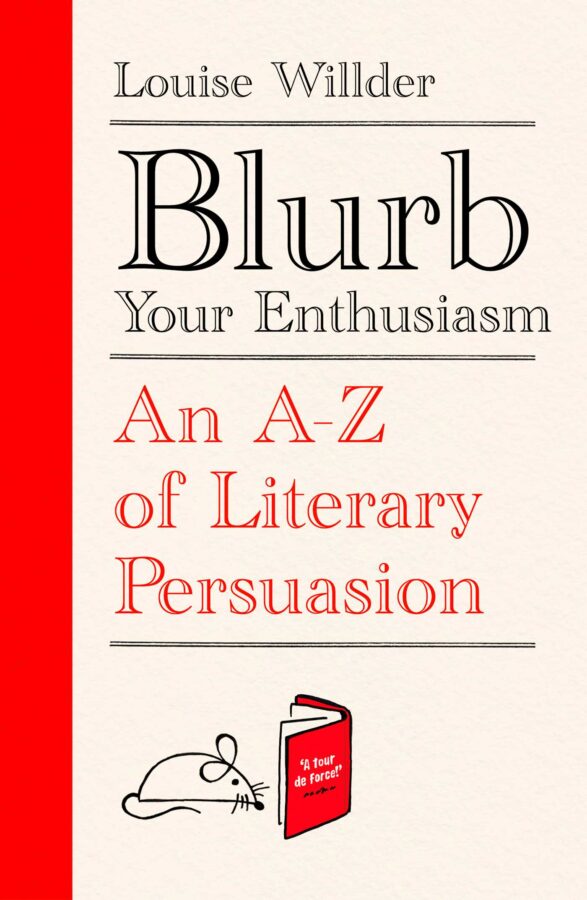On writing
Holding Ground
Somewhere along the way I realised that what I wanted was to make others feel witnessed. This radically altered my orientation towards the world, and the way I communicated the story of my trauma to others: what I am doing is witnessing, staring, even, slack-jawed, wide-eyed, outraged, and taking notes, and connecting dots, and asking what we are going to do about it, out here, in the world.
Writing From and Through Trauma
It was clear that articulation had real world benefits. Survivor testimony was being taken seriously as a form of resistance and as a tool for informing policy. It was also clear that to be read I would need to relinquish even more privacy and power.
Stories of Our Dysfunction Have Been Greatly Exaggerated
We have our own voices and stories – and we always have and always will – and so we continue presencing our stories and asserting our side of the colonial story, so that our abusers, personal and institutional alike, can no longer control the narrative about us.
